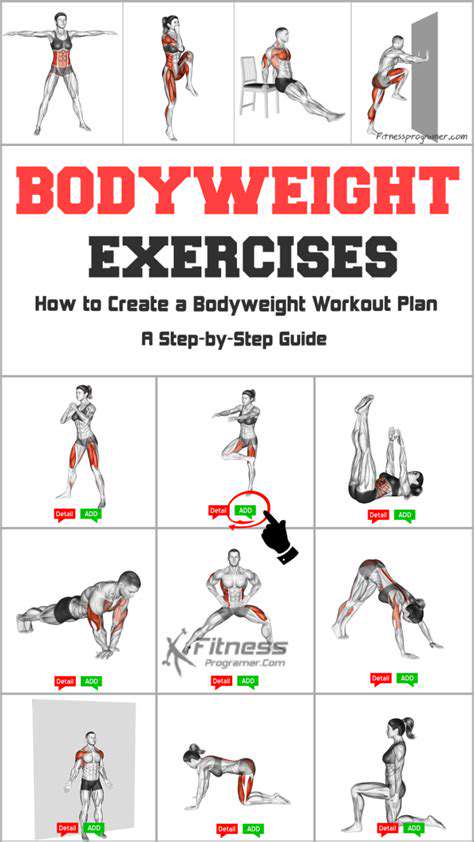Guide to Meal Planning for a Healthy Lifestyle
Mastering Grocery Shopping with a Plan

Planning Your Shopping Trip
Before heading to the grocery store, take a few minutes to plan your meals for the week. This will help you avoid impulse buys and ensure you're purchasing only the ingredients you need. Creating a detailed meal plan will significantly reduce food waste and help you stick to your budget. A well-organized shopping list will also streamline your trip, saving you time and frustration.
Consider your current inventory. Check your refrigerator, freezer, and pantry to see what you already have on hand. This will prevent unnecessary duplicates and help you focus on items you truly need. Understanding your existing stock is crucial for efficient grocery shopping.
Creating a Realistic Shopping List
Once you've planned your meals, compile a comprehensive shopping list. Include all the ingredients needed for each meal, along with any other staples or pantry items you require. Prioritize items based on their importance and urgency, ensuring you don't miss anything critical for your recipes.
Categorize your list for easier navigation and to avoid getting overwhelmed. Group similar items together, such as produce, dairy, proteins, and grains. This organization will allow you to easily locate the items on the store shelves and keep track of what you've already purchased.
Using Sales and Coupons
Check weekly flyers and online ads for sales on items you need. This is a great way to save money and stock up on affordable groceries. Taking advantage of sales can significantly impact your grocery bill. Look for coupons and discounts applicable to your shopping list. Combining sales and coupons can result in substantial savings.
Compare prices between different brands and retailers. This can often reveal significant differences in cost, allowing you to make informed decisions about which products to purchase. Thoroughly researching prices will help you maximize your savings.
Navigating the Grocery Store Efficiently
Plan your route through the grocery store to avoid unnecessary detours and wasted time. Start with the less appealing parts of the store, such as the produce and meat sections, to avoid feeling overwhelmed. Prioritize items on your list and move through the store in a planned sequence.
Use a shopping cart or basket, and don't overload it with too many items. This will prevent you from losing track of what you've already purchased and make it difficult to maneuver through the aisles. A well-organized shopping cart is key for an efficient shopping trip.
Maximizing Fresh Produce
When purchasing produce, select items that are ripe and fresh. Avoid items that are bruised, damaged, or overly soft. Proper handling and storage techniques will extend the shelf life of your fresh produce. Fresh produce is an essential part of a healthy diet, so it’s important to get the most out of your purchases.
Consider storing produce properly after you get home. Proper storage will help maintain freshness and prevent spoilage. This will help you avoid wasting valuable ingredients and make the most of your purchases. Proper storage practices are critical for extending the life of fresh produce.
Managing Your Budget and Inventory
Track your grocery spending to stay within your budget. Monitor your grocery costs over time to identify patterns and areas where you can potentially save money. This will help you make informed decisions about your future grocery shopping trips.
Regularly review your inventory to avoid unnecessary purchases. Knowing what you already have on hand will prevent you from buying duplicates and reduce food waste. A strong understanding of your current inventory is crucial for effective grocery shopping.
Read more about Guide to Meal Planning for a Healthy Lifestyle
Hot Recommendations
-
*Guide to Managing Gout Through Diet
-
*Best Habits for Financial Well being
-
*How to Build a Routine for Better Mental Health
-
*How to Eat Healthy on a Budget [Tips & Meal Ideas]
-
*Guide to Practicing Self Acceptance
-
*How to Incorporate More Movement Into Your Day
-
*Guide to Managing Chronic Pain Naturally
-
*Guide to Building a Reading Habit for Well being
-
*Top 5 Weight Loss Supplements That Actually Work
-
*Best Exercises for Postpartum Recovery [Beyond Abdominal Work]









![Best Nutrition for Teen Athletes [Fueling Growth & Performance]](/static/images/26/2025-06/BeyondtheBasics3AMicronutrientsandSupplements.jpg)

